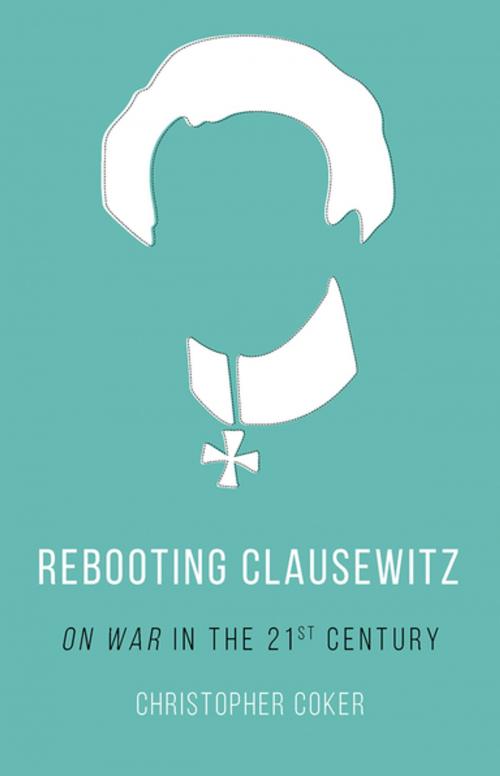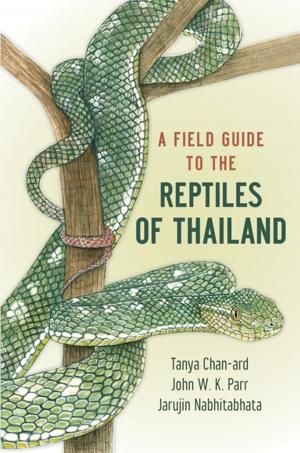Rebooting Clausewitz
'On War' in the Twenty-First Century
Nonfiction, History, Military, Social & Cultural Studies, Political Science| Author: | Christopher Coker | ISBN: | 9780190862657 |
| Publisher: | Oxford University Press | Publication: | May 15, 2017 |
| Imprint: | Oxford University Press | Language: | English |
| Author: | Christopher Coker |
| ISBN: | 9780190862657 |
| Publisher: | Oxford University Press |
| Publication: | May 15, 2017 |
| Imprint: | Oxford University Press |
| Language: | English |
Rebooting Clausewitz offers an entirely new take on the work of history's greatest theorist of war. Written for an undergraduate readership that often struggles with Clausewitz's master work On War--a book that is often considered too philosophical and impenetrably dense--it seeks to unpack some of Clausewitz's key insights on theory and strategy. In three fictional interludes Clausewitz attends a seminar at West Point; debates the War on Terror at a Washington think tank; and visits a Robotics Institute in Santa Fe where he discusses how scientists are reshaping the future of war. Three separate essays situate Clausewitz in the context of his times, discuss his understanding of the culture of war, and the extent to which two other giants--Thucydides and Sun Tzu--complement his work. Some years ago the philosopher W.B. Gallie argued that Clausewitz needed to be 'saved from the Clausewitzians'. Clausewitz doesn't need saving and his commentators have contributed a great deal to our understanding of On War's seminal status as a text. But too often they tend to conduct a conversation between themselves. This book is an attempt to let a wider audience into the conversation.
Rebooting Clausewitz offers an entirely new take on the work of history's greatest theorist of war. Written for an undergraduate readership that often struggles with Clausewitz's master work On War--a book that is often considered too philosophical and impenetrably dense--it seeks to unpack some of Clausewitz's key insights on theory and strategy. In three fictional interludes Clausewitz attends a seminar at West Point; debates the War on Terror at a Washington think tank; and visits a Robotics Institute in Santa Fe where he discusses how scientists are reshaping the future of war. Three separate essays situate Clausewitz in the context of his times, discuss his understanding of the culture of war, and the extent to which two other giants--Thucydides and Sun Tzu--complement his work. Some years ago the philosopher W.B. Gallie argued that Clausewitz needed to be 'saved from the Clausewitzians'. Clausewitz doesn't need saving and his commentators have contributed a great deal to our understanding of On War's seminal status as a text. But too often they tend to conduct a conversation between themselves. This book is an attempt to let a wider audience into the conversation.















